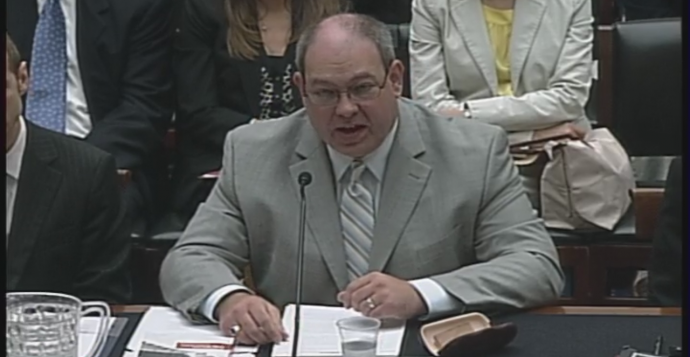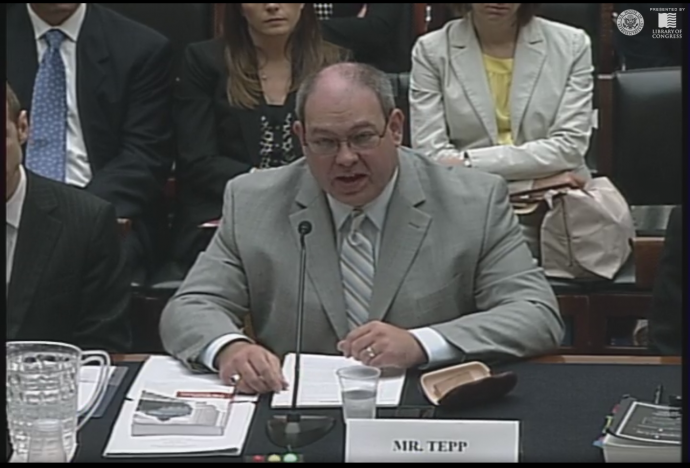I first met Mr. Sivakant Tiwari in 2001. It was my first trip to east Asia and I had been assigned by the U.S. Copyright Office as a negotiator of the intellectual property (“IP”) chapter of the Singapore-U.S. free trade agreement (FTA). Singapore had some serious domestic IP enforcement challenges back then.
He was already a highly accomplished negotiator, and it was my first time representing the United States abroad. It didn’t take long for me to realize that with Mr. Tiwari on the other side of the table, I was in the big leagues.
There were times when he ran circles around me, but I learned a lot from him about negotiating, and over the course of the following couple of years I came to respect him quite a bit. Aside from his skill as a negotiator, what I appreciated was his knowledge of the law and even more, what I believe was his genuine desire to reach agreement in support of free trade and intellectual property protection. While we each had certain specific issues our governments needed to address, I felt we connected on the basic understanding that free trade, rule of law, and modern intellectual property protection would benefit both our countries. So it was with great satisfaction that I saw the FTA concluded and Singapore improve its intellectual property protection, and bolster its standing as a global economic and business leader.
In the years since then, I have had the opportunity to travel all around east Asia and all over the world, and I negotiated other agreements in Australia, the Middle East, Europe, and Latin America. I even had some additional opportunities to work with Mr. Tiwari. His skill, knowledge, and commitment always stood out in my mind.
So, I was greatly saddened four years ago to learn of Mr. Tiwari’s untimely death from a brain hemorrhage. The world of intellectual property is poorer for his absence.
Among Mr. Tiwari’s extensive legacy is that Singapore maintains the intellectual property protections negotiated as part of the FTA. And I have no doubt that is why domestic-based piracy in Singapore remains very low in a region with extensive problems with intellectual property protection and enforcement.
But in this age of interconnectedness, piracy can no longer be looked at by reference to national boundaries. Piracy is a global problem. For example, according to a report by the investigative firm, MarkMonitor, Singapore has the most incidents of piracy per capita of any of the 15 Asian countries studied. And industry revenues from the Singapore market today are a fraction of what they were when we negotiated the FTA. Few if any of the major piracy sites are Singapore-based, but foreign sites are driving piracy. The notorious scofflaw, Pirate Bay, is the #51 most visited site by Singaporeans.
I would never presume to try to speak for him, but I do believe Mr. Tiwari would be disappointed by that current reality. It hurts Singaporean creators and consumers alike, depriving them of a market for domestic culture and tainting Singapore’s hard-earned reputation abroad.
My experience with Singapore has taught me that its people and its government will not tolerate this and I hope I am right. It would be a further honor to Mr. Tiwari’s memory and the goals he worked so hard towards.

